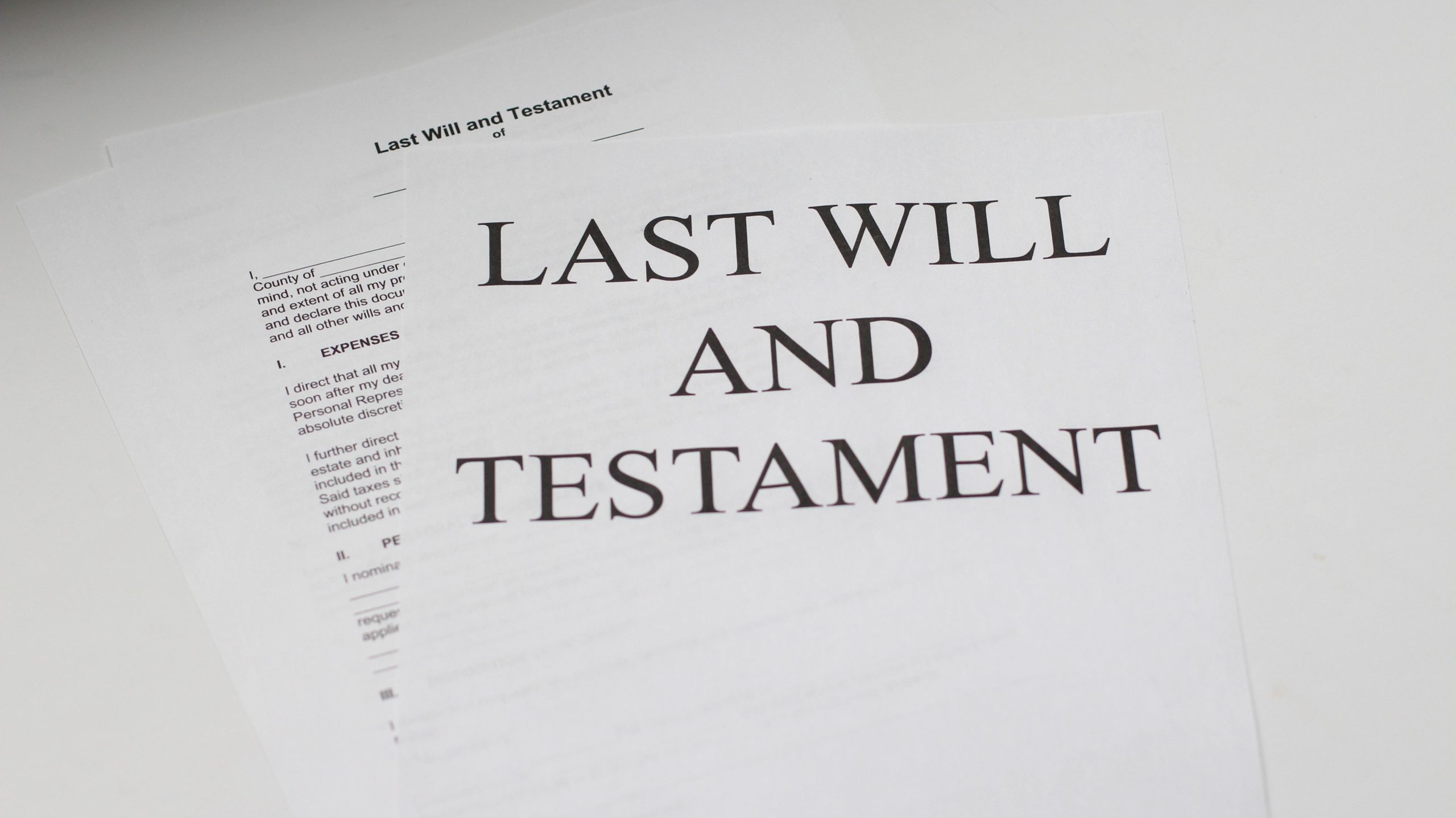
Author: Jennifer Climo
Warning: As of the date of this writing (July 28, 2021), neither of the tax proposals discussed below have been passed by the Senate or the House, and are not close to becoming law. This article is to make the reader aware of the details in the suggested legislation and how it might impact them. The legislation lines up with some of the current President’s policy proposals .
Many people aren’t aware of what an estate tax is. Most of us are familiar with other forms of taxes:
- income taxes (all your income, taxed at federal plus state income tax rates, including: wages, interest, dividends, capital gains, business income, rental income, pensions, etc.);
- sales taxes (taxes on purchases that vary by state);
- real estate taxes (taxes on the value of your property);
- Social Security taxes (12.4% of wages and self-employment income up to a certain limit);
- Medicare taxes (2.9% on all wages and self-employment income; half may be paid by your employer; an additional 0.8% is levied on wages above a certain level and an additional 3.8% is levied on non-earned income above a certain level).
What is an Estate Tax?
Estate taxes are taxes levied at your death. United States citizens currently receive a lifetime exemption from estate taxes that is high – $11.7M in 2021. – While that may seem like a lot, estate taxes are levied on any assets a person owned or controlled at death, including small businesses, life insurance proceeds, their house, cash and investments, 401(k), other retirement accounts…etc. There are deductions for debt, final expenses such as a funeral, and certain charitable bequests or other giving.
Some New Proposals
Two senators have introduced legislation to fundamentally change estate planning, called the For the 99.5% Act (bill has been proposed in the Senate) and the Sensible Taxation and Equity Promotion (STEP) Act of 2021 (a discussion draft only has been published). Some significant suggested changes to current law include:
- reduce the lifetime estate tax exemption to $3.5M per person;
- reduce the annual gift tax exemption to $10,000 per person;
- reduce gifts in trust to two times the annual exemption ($20K total if the above becomes law);
- increase estate tax rates to 45%-65%;
- reduce the lifetime gift exemption to $1M;
- eliminate the step-up in basis at death ;
- tax any unrealized capital gains in trusts periodically (including all existing trusts, starting in 2026);
- tax unrealized capital gains on gifts made.
An Example of the Proposals in Action
Under the proposed new law, here is a hypothetical example of how the tax may affect an individual. Assume Joe is single, has $1M life insurance; $1,500,000 in a 401(k); $500,000 in a brokerage account and a paid-off personal residence that is now worth $1,000,000 since the run-up in home prices. He has no debt and pre-paid his funeral expenses. His estimated federal estate tax will be:
| Life Insurance | $1,000,000 |
| 401(k) | $1,500,000 |
| Brokerage | $1,000,000 |
| Home | $1,000,000 |
| Total | $4,500,000 |
| Exemption | ($3,500,000) |
| Taxable Estate | $1,000,000 |
| Estate Tax Due | $450,000* |
*at a proposed rate of 45% (50% for estates between $10M-$50M)
Many people know that life insurance is income-tax free, but do not realize that it is subject to estate taxes if you own it. There are ways to mitigate this using trusts, but the new legislation also is cracking down on that loophole by limiting the amount that can be transferred to a trust to pay premiums.
Many people also know that distributions from a 401(k) are subject to income taxes when withdrawn. If those assets were subject to estate taxes, then the beneficiary who inherited can take a deduction on their income tax return for the proportionate amount of estate taxes paid in each year they take a distribution. This is known as the Income in Respect of a Decedent Deduction, and is reported on line 16 of your Schedule A if you can itemize your deductions.
What Can You do Now to Reduce Estate Taxes in the Future?
- You can give away your assets. Under current law, you are able to give $15,000 per year to as many people as you want annually. You can also give to charity and take a tax deduction under current law, if you are able to itemize on your return. Unfortunately, under the 99.5% Act, allowable annual gifts per person are reduced to $10,000. Gifts in trust are further limited to two beneficiaries per year per person.
- Another option some estate planning attorneys are recommending is to create an irrevocable life insurance trust now (ILIT) (if you don’t have one), and then transfer to any existing ILIT enough cash to fund future years’ life insurance premiums.
- Include disclaimer language in all trusts to deal with some of this uncertainty. This allows the beneficiary to make a different decision based on tax law at the time of death, and adds flexibility to an estate plan.
- Buy a lot of permanent life insurance to replace an inheritance (a boon for the insurance industry?)
- All of these changes, combined with probably increasing income tax rates, makes Roth conversions an even better idea. Paying the income tax now reduces your overall estate later, and the Roth grows income-tax free forever (although the balance of the Roth will be included in your taxable estate at death).
What About Spouses?
Transfers to spouses that are US citizens are still protected from tax until after the spouse dies. But non-citizen spouses would not be protected under these proposals .
These proposals make other significant changes to current tax laws that are beyond the scope of this article.
What Should You Do Now?
Practically speaking, you might not want to make any radical changes to your estate plan for proposed legislation that is not close to becoming law. However, you should be aware of potential changes that are coming down the pike, so you can pivot into planning when necessary. If you have significant wealth that you aren’t going to realistically need during your lifetime, it might make sense to start a lifetime gifting program to heirs and discuss partial Roth conversions with your tax accountant.
As always, don’t make any decisions regarding your finances without consulting a qualified financial advisor for assistance with your specific situation.
This is not to be considered investment, tax, or financial advice. Please review your personal situation with your tax and/or financial advisor. Jennifer Climo, CFP®, CPA, MSFP is an advisor at Milestone Financial Planning, LLC, a fee-only financial planning firm in Bedford NH. Milestone works with clients on a long-term, ongoing basis. Our fees are based on the assets that we manage and may include an annual financial planning subscription fee. Clients receive financial planning, tax planning, retirement planning, and investment management services, and have unlimited access to our advisors. We receive no commissions or referral fees. We put our clients’ interests first. If you need assistance with your investments or financial planning, please reach out to one of our fee-only advisors .



